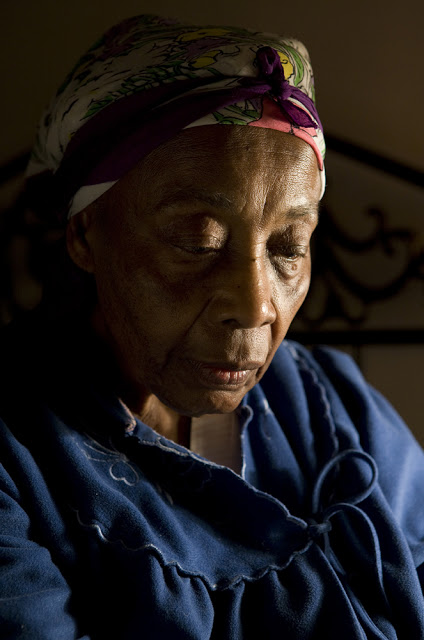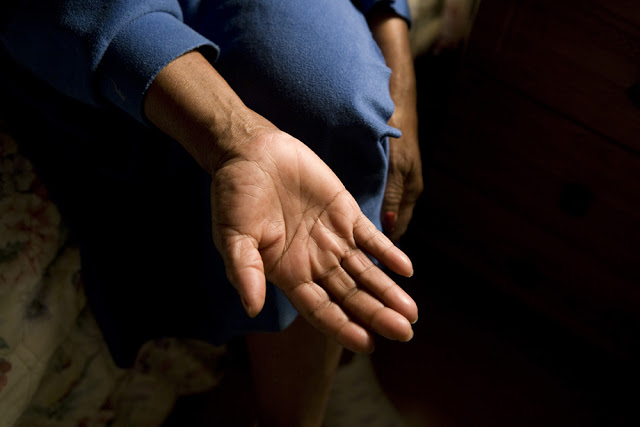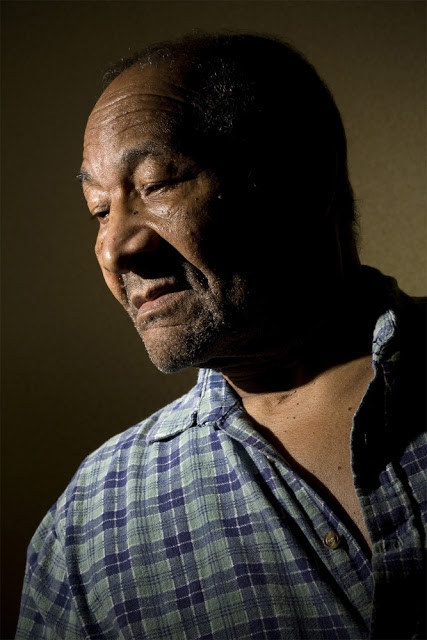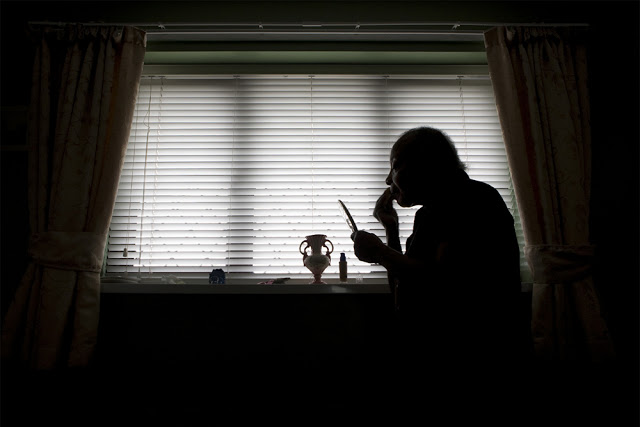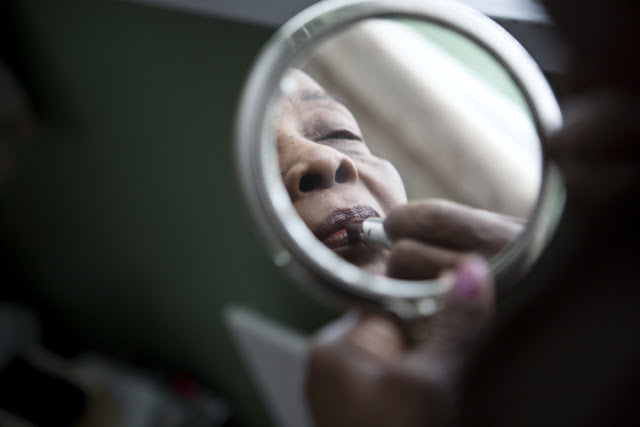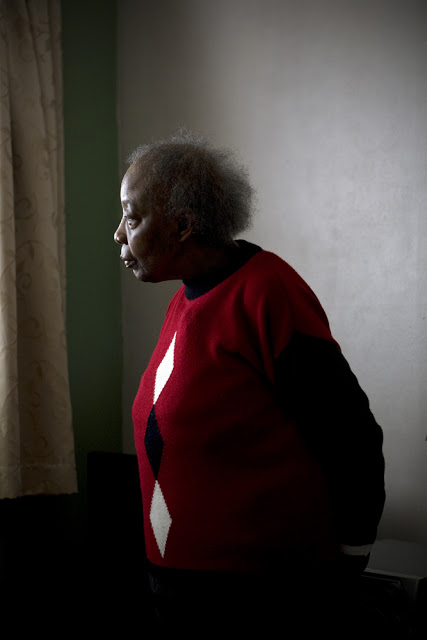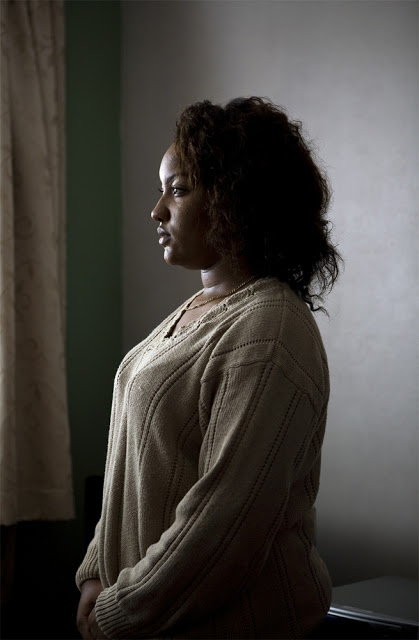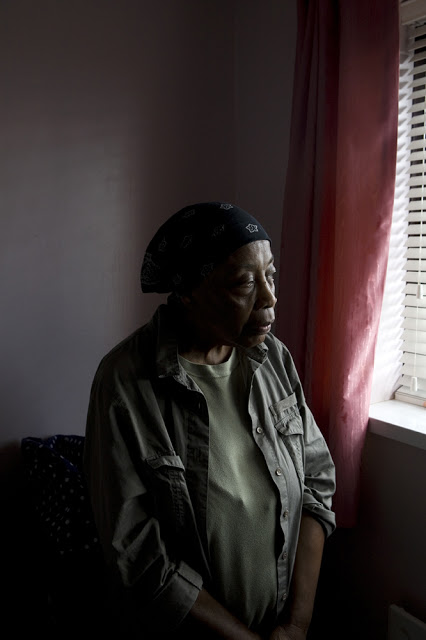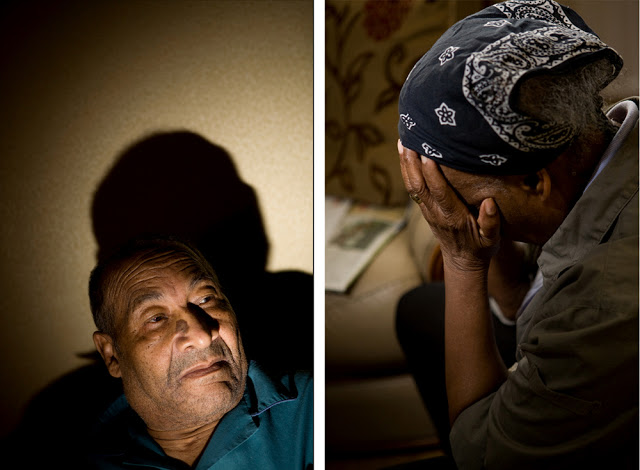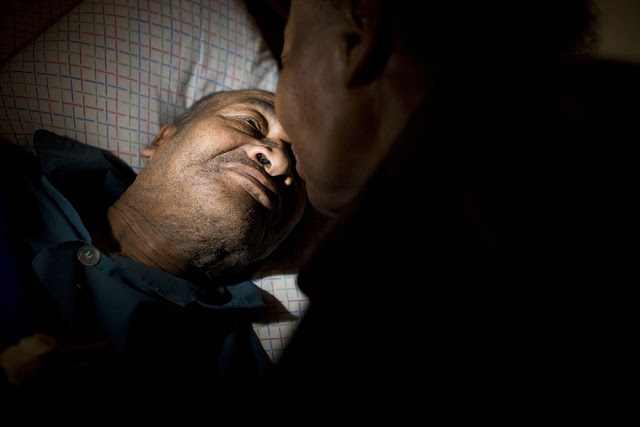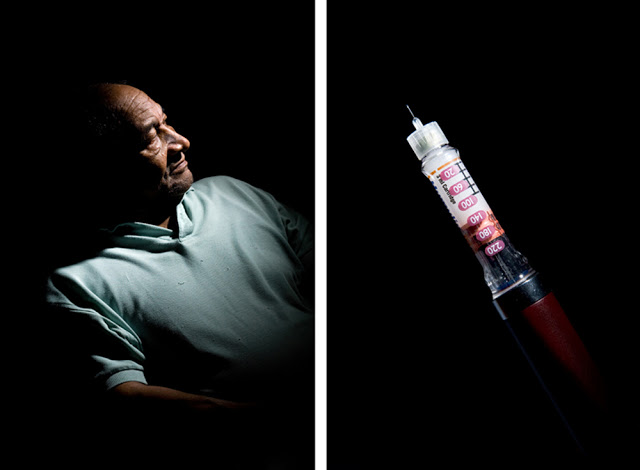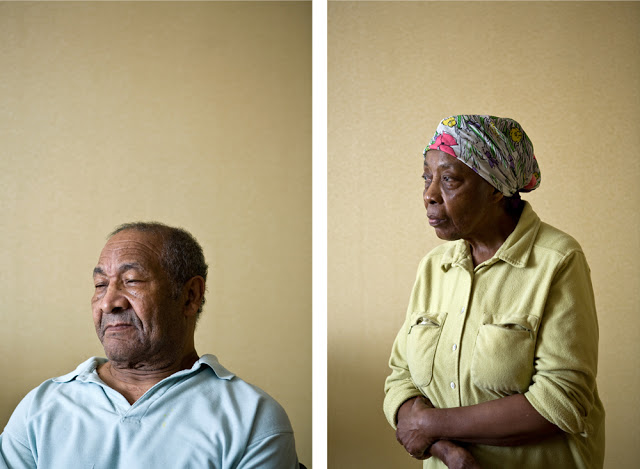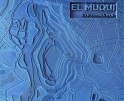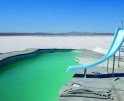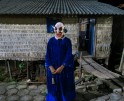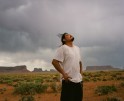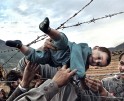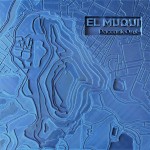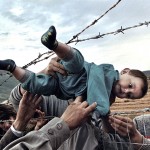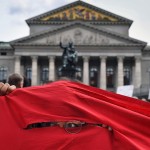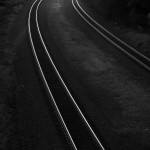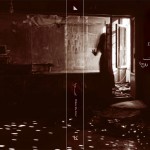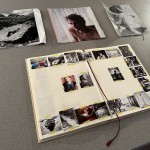Andrew Jackson: From a Small Island
I think some of the most meaningful work that a photographer can create is about personal history. As photographers and artists, we can bring a nuanced way of seeing to our storytelling, and more often than not, that storytelling becomes a form of personal discovery and therapy.Andrew Jackson has been exploring notions of identity and representation in his photographs, and his most recent work, From a Small Island, examines the legacy of post-war migration from the Caribbean to Britain by his own family members. Andrew was born in Dudley in the West Midlands of the UK. He completed an MA in Documentary Photography at Newport (University of Wales) and has since embarked on both commissioned and personal works. His work is held in both private and public collections and he was recently nominated for the Prix Pictet photography Prize.

From a Small Island
“No-one on that ship…thought we’d be leaving home forever, but when my father hugged me on the dockside, for some reason, I knew I’d never see him again…I still see my father; you know, in my mind at least… after all these years…but I can’t see his face….no matter how hard I try…I never see his face.” Amy Jackson
From a small island is a work in development that examines the legacy of migration via the experiences of my parents who came from the Caribbean to work in the factories of Britain. It seeks to examine the shifting patterns of power that has taken them from the rush of youth and self determination, to the universality of ageing and the loss of who they were.
Alford and Amy Jackson, left Jamaica, one by plane, the other by ship; both unknown to each other, and yet, both destined to meet at the end of their travels that would see them leave behind all that they knew and loved – fathers, mothers and brothers – never to see them again. Yet, for those who travelled with them, on the long journey to the Motherland of Britain, no monuments will be built to bear their names and no wreaths will be laid to remember the hardships or intolerances they faced as they helped rebuild what war had broken. This is why I have chosen to photograph my family, if only to make a mark that says that they were here and that they cannot be forgotten. There is of course much more work to be done on this series, work that will explore the spaces their lives touched in Britain and the spaces too that they left behind in Jamaica.
Time though is not ours to own, as we are all powerless to prevent its passage and powerless too to prevent our march into infirmity and the loss of whom we once were. But, as we all march on upon this inevitable journey, across the sea of life, from cradle to the grave, all that we can hope for is that our mark has been made and a legacy of our passing remains long after we are gone.
Posts on Lenscratch may not be reproduced without the permission of the Lenscratch staff and the photographer.
Recommended
-
Paccarik Orue: El MuquiDecember 9th, 2025
-
Lauri Gaffin: Moving Still: A Cinematic Life Frame-by-FrameDecember 4th, 2025
-
Dani Tranchesi: Ordinary MiraclesNovember 30th, 2025
-
Art of Documentary Photography: Elliot RossOctober 30th, 2025
-
The Art of Documentary Photography: Carol GuzyOctober 29th, 2025

